When faced with high blood pressure, most people turn to medication. But long before pharmaceuticals, people relied on the healing power of nature—and many of those time-tested remedies still prove effective today. Now, modern science is beginning to validate what ancient traditions have known all along.
Heart Disease: A Silent Threat

Heart disease is the leading cause of death in the United States, claiming a life every 36 seconds. While conventional treatments like statins and beta blockers can help, they often come with side effects—fatigue, dizziness, liver strain, and even increased cancer risk.
Fortunately, natural alternatives may offer a gentler yet powerful path to better heart health. These remedies, rooted in tradition and backed by emerging research, can help reduce blood pressure, balance cholesterol, and even cleanse clogged arteries.
Let’s explore six of the best natural remedies for supporting a healthy heart.
1. Hawthorn: The Heart-Helping Shrub
Used for centuries in traditional medicine, hawthorn berries are rich in procyanidins—compounds that dilate arteries, enhance circulation, and regulate blood pressure.
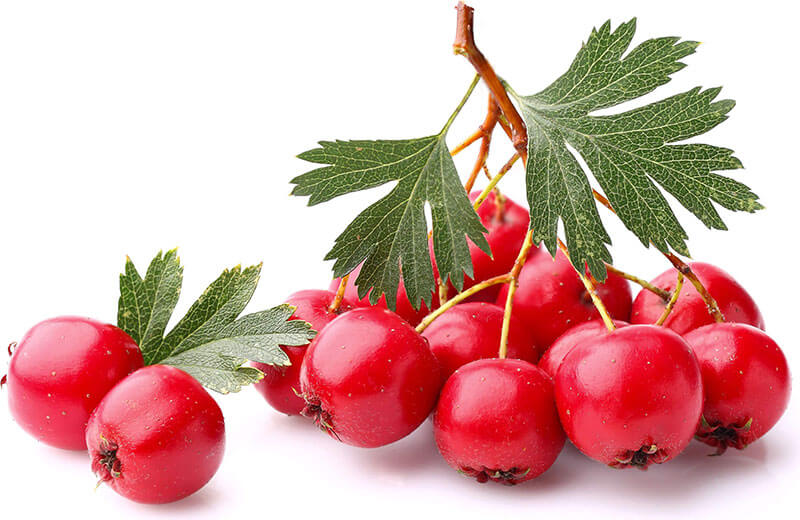
Why It Works
High blood pressure damages artery walls and opens the door to dangerous plaque buildup. Hawthorn helps prevent this by improving blood flow and reducing inflammation.
In Europe, hawthorn extract is commonly prescribed for mild to moderate heart failure. Clinical studies show it improves heart rhythm, reduces fatigue and swelling, and increases exercise tolerance.
How to Use It
Look for a standardized extract containing 18.5% oligomeric procyanidins. A common dose is 250–500 mg per day, but always consult your healthcare provider before starting any new supplement.
2. Hibiscus: The Flower That Fights Hypertension
Bright, tart, and refreshing, hibiscus tea is more than a tasty beverage—it’s a natural way to lower blood pressure and improve cholesterol levels.
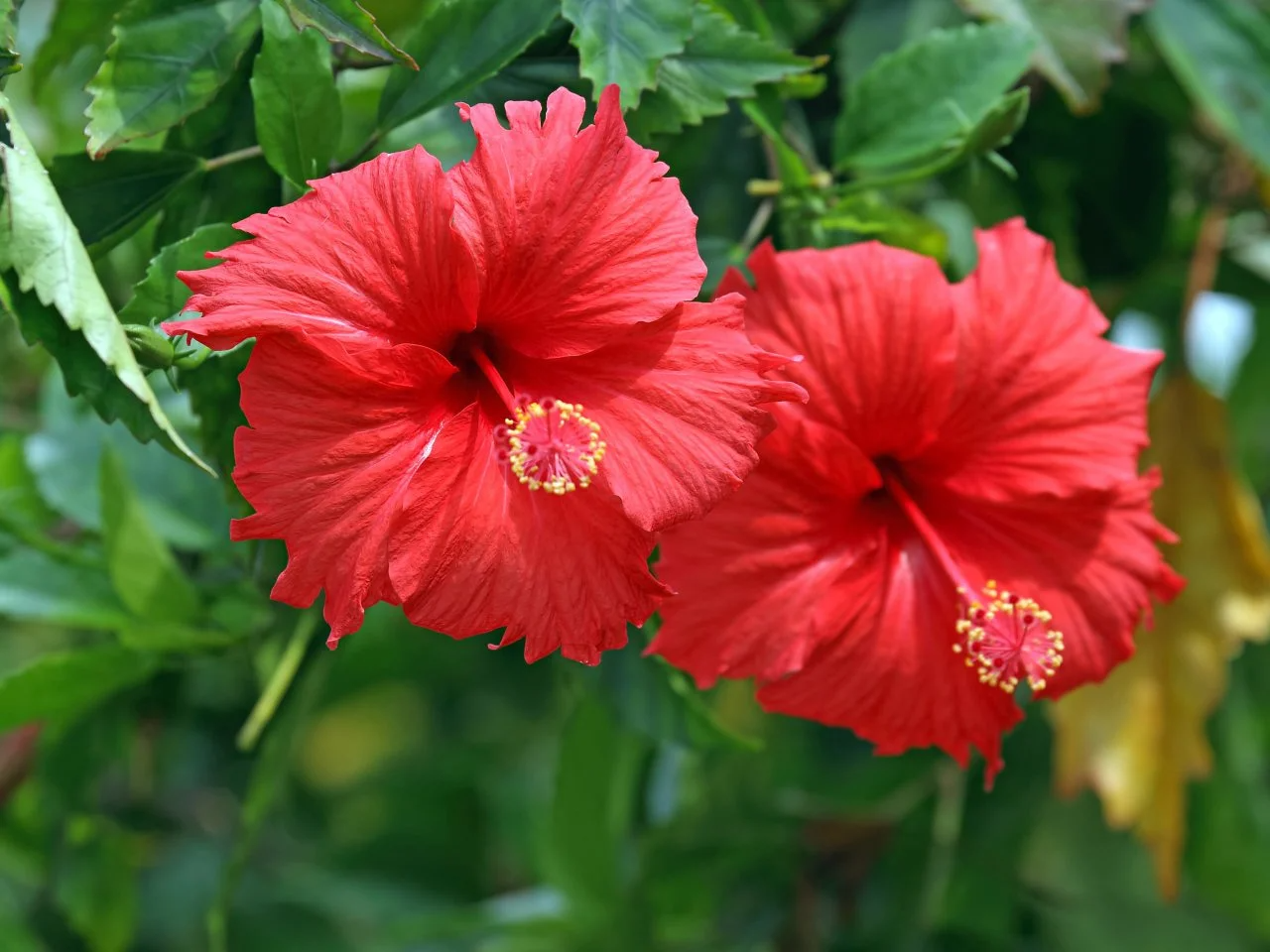
The Science Behind It
Research has shown hibiscus to be as effective as some prescription drugs, such as Captopril, in lowering high blood pressure. Its anthocyanins (powerful antioxidants) help reduce the oxidation of LDL cholesterol, a key trigger for plaque formation in arteries.
How to Enjoy It
Drink 1–2 cups of hibiscus tea daily. You can sweeten it naturally with honey or stevia for a pleasant, heart-healthy ritual.
3. Garlic: Nature’s Blood Pressure Regulator
For thousands of years, garlic has been used for its medicinal properties. Its star compound, allicin, becomes active when garlic is crushed and delivers potent antioxidant and anti-inflammatory effects.
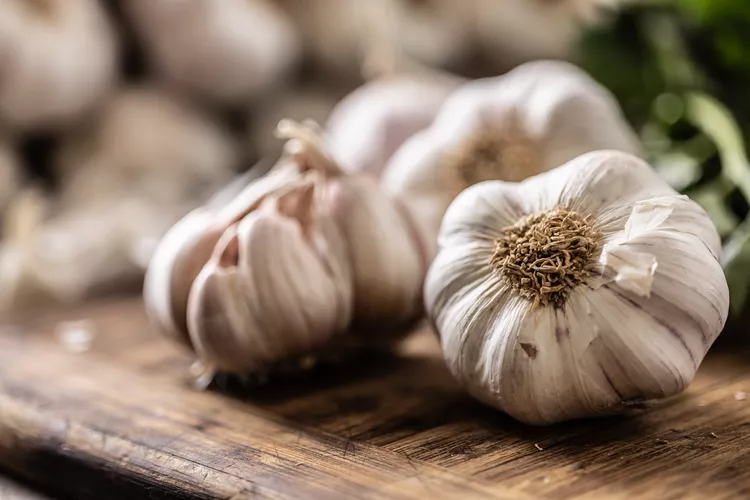
Heart Benefits
-
Boosts nitric oxide levels, which relaxes and widens blood vessels
-
Reduces C-reactive protein, a marker of inflammation
-
Slows or even reverses arterial plaque buildup
One study found that aged garlic extract can significantly reduce plaque volume in people with metabolic syndrome.
How to Take It
Eat 3–5 raw cloves per day or supplement with 300–1,000 mg of aged garlic extract standardized to 0.6% allicin.
4. Ginger: The Universal Healer
Both Ayurvedic and Traditional Chinese Medicine prize ginger for its broad therapeutic effects—including cardiovascular benefits.

How It Helps
Ginger acts like a natural NSAID, inhibiting enzymes that trigger inflammation. It also neutralizes free radicals that contribute to the oxidation of LDL cholesterol.
One study showed that 5 grams of powdered ginger daily can lower harmful cholesterol oxidation, reducing heart disease risk.
Suggested Use
Take 2,500 mg of powdered ginger twice a day. As always, consult a healthcare provider before using high doses, especially if you’re on blood-thinning medications.
5. Cayenne Pepper: Turning Up the Heat on Heart Risk
Cayenne’s fiery flavor comes from capsaicin, a compound that does much more than spice up your meals—it helps keep your arteries healthy.
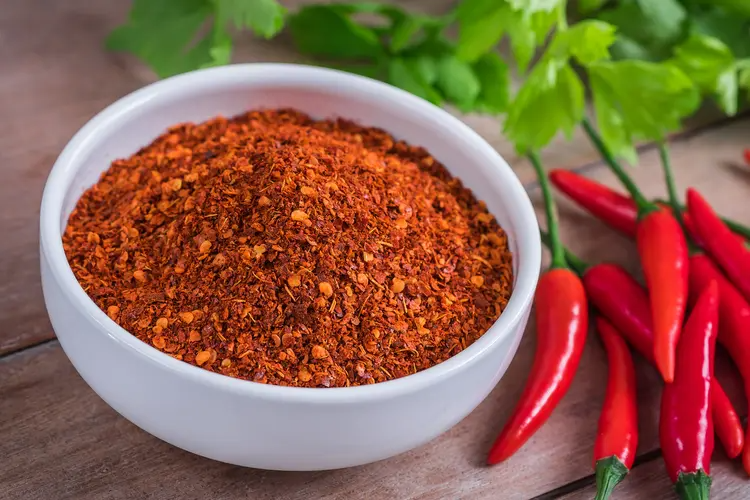
Why It Works
Capsaicin:
-
Relaxes blood vessels
-
Lowers LDL (bad) cholesterol
-
Improves circulation
-
Boosts metabolism and reduces hunger, helping with weight control
How to Use It
Add cayenne to meals like soups, stir-fries, or marinades. For supplements, a common dose is 30–120 mg, taken 1 to 3 times per day.
6. Curcumin: The Golden Protector
Curcumin is the powerhouse compound in turmeric, renowned for its anti-inflammatory and antioxidant properties.
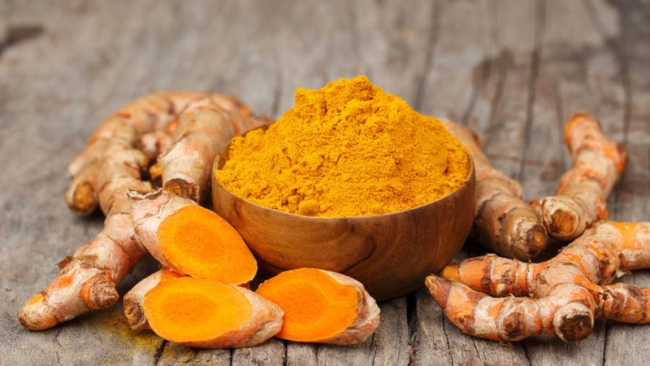
Backed by Research
With over 12,000 studies, curcumin has been shown to:
-
Reduce inflammation—even more effectively than aspirin, without the side effects
-
Prevent blood clots by keeping platelets from sticking together
-
Lower cholesterol and improve lipid profiles within 30 days
Best Way to Take It
Choose a supplement with 95% curcuminoids and added black pepper extract (piperine) for better absorption. A typical dose is 1,500 mg daily, divided into two or three doses.
Final Thoughts: Nourish Your Heart Naturally
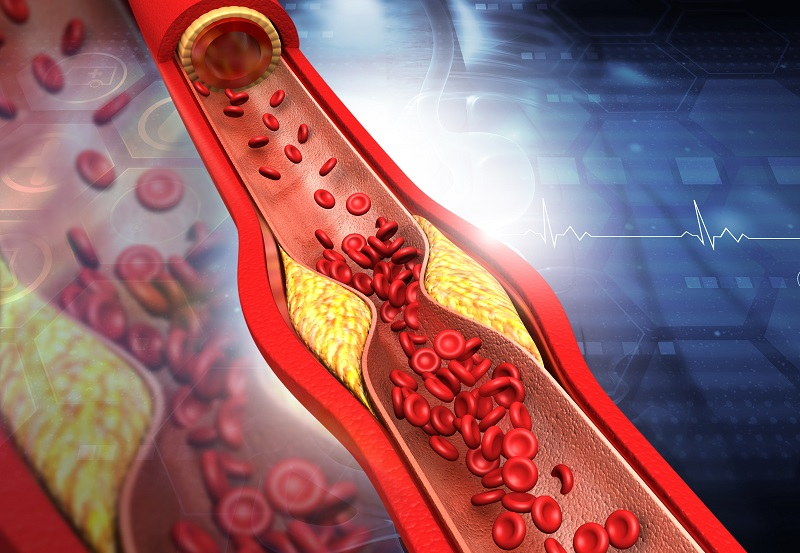
These natural remedies don’t just offer hope—they offer results. Whether you’re looking to support your heart, reduce your reliance on medications, or take a proactive step toward longevity, nature has given us remarkable tools.
However, always remember: consult your doctor before adding new supplements to your routine, especially if you’re already on prescription medications.
By embracing these time-tested remedies and pairing them with a healthy lifestyle, you can take powerful steps to protect your heart and live life more vibrantly—naturally.
Disclaimer: This article is for informational purposes only and does not substitute professional medical advice. Consult your doctor before making health changes.


